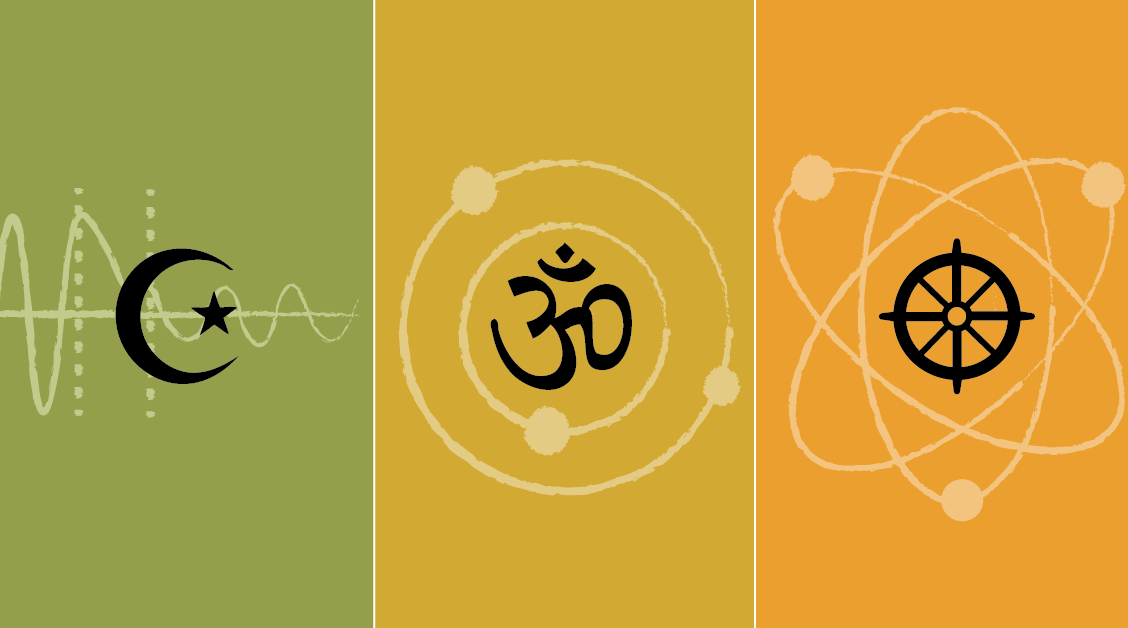Barbarian
Member
- Jun 5, 2003
- 33,356
- 2,560
Predictions in the early to mid 20th century that religion would come to an end in the face of increasing scientific knowledge have been proven wrong. While some sects of some religions have seen a marked drop in participation, faith itself remains strong. In some nations, the trend is actually reversing in the 21st century.
In a U.S.-based Pew Research Center survey, a majority of Christians (55%) said that science and religion are “often in conflict” when thinking in general terms about religion. When thinking about their own religious beliefs, however, fewer Christians (35%) said their personal religious beliefs sometimes conflict with science; a majority of U.S. Christians (63%) said the two do not conflict.
Such findings broadly align with Elaine Howard Ecklund and Christopher P. Scheitle’s analysis in “Religion vs. Science: What Religious People Really Think,” which finds that many U.S. Christians see little conflict between science and their faith.
This survey also provides a window into the kinds of things that Christians see as a conflict between science and religion. In an open-ended question included on the Center’s survey, respondents who said science conflicted with their personal religious beliefs were asked to identify up to three areas of conflict. Christians most commonly mentioned the creation of the universe, including evolution and the “Big Bang” (cited by 38% of U.S. Christians who saw a conflict between science and their religious beliefs). Respondents also mentioned broad tensions including the idea that man (rather than God) is “in charge,” beliefs in miracles, or a belief in the events of the Bible (26%). Others cited conflict over the beginning of life, abortion, and scientific technologies involving human embryos (12%) or other medical practices (7%).

 www.pewresearch.org
www.pewresearch.org
Some denominations are seeing declines in participation, but others are not. Those arguing for a conflict with science and those advocating political agendas are seeing significantly greater declines.
In a U.S.-based Pew Research Center survey, a majority of Christians (55%) said that science and religion are “often in conflict” when thinking in general terms about religion. When thinking about their own religious beliefs, however, fewer Christians (35%) said their personal religious beliefs sometimes conflict with science; a majority of U.S. Christians (63%) said the two do not conflict.
Such findings broadly align with Elaine Howard Ecklund and Christopher P. Scheitle’s analysis in “Religion vs. Science: What Religious People Really Think,” which finds that many U.S. Christians see little conflict between science and their faith.
This survey also provides a window into the kinds of things that Christians see as a conflict between science and religion. In an open-ended question included on the Center’s survey, respondents who said science conflicted with their personal religious beliefs were asked to identify up to three areas of conflict. Christians most commonly mentioned the creation of the universe, including evolution and the “Big Bang” (cited by 38% of U.S. Christians who saw a conflict between science and their religious beliefs). Respondents also mentioned broad tensions including the idea that man (rather than God) is “in charge,” beliefs in miracles, or a belief in the events of the Bible (26%). Others cited conflict over the beginning of life, abortion, and scientific technologies involving human embryos (12%) or other medical practices (7%).

On the Intersection of Science and Religion
Over the centuries, the relationship between science and religion has ranged from conflict and hostility to harmony and collaboration, while various thinkers have argued that the two concepts are inherently at odds and entirely separate.
 www.pewresearch.org
www.pewresearch.org
Some denominations are seeing declines in participation, but others are not. Those arguing for a conflict with science and those advocating political agendas are seeing significantly greater declines.




